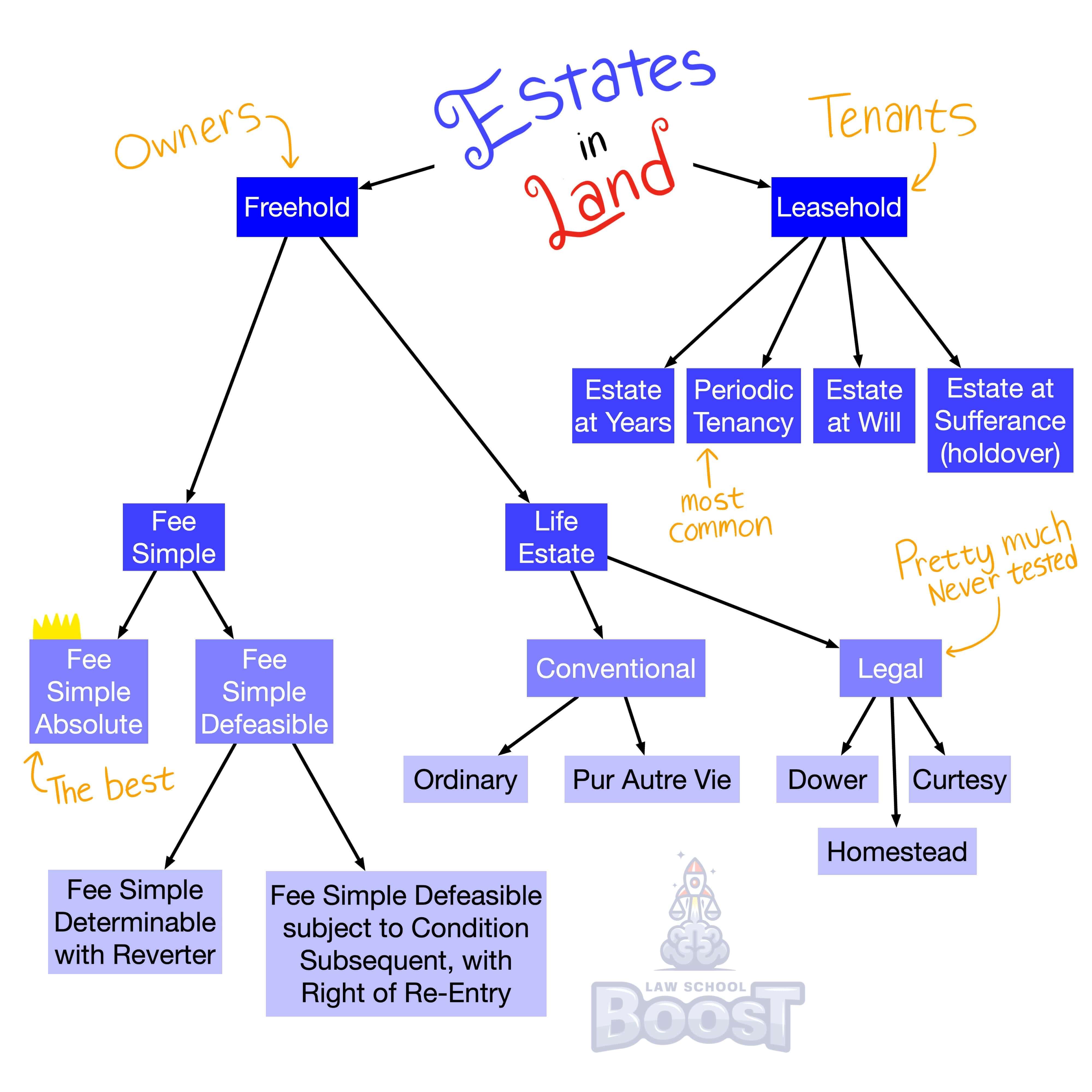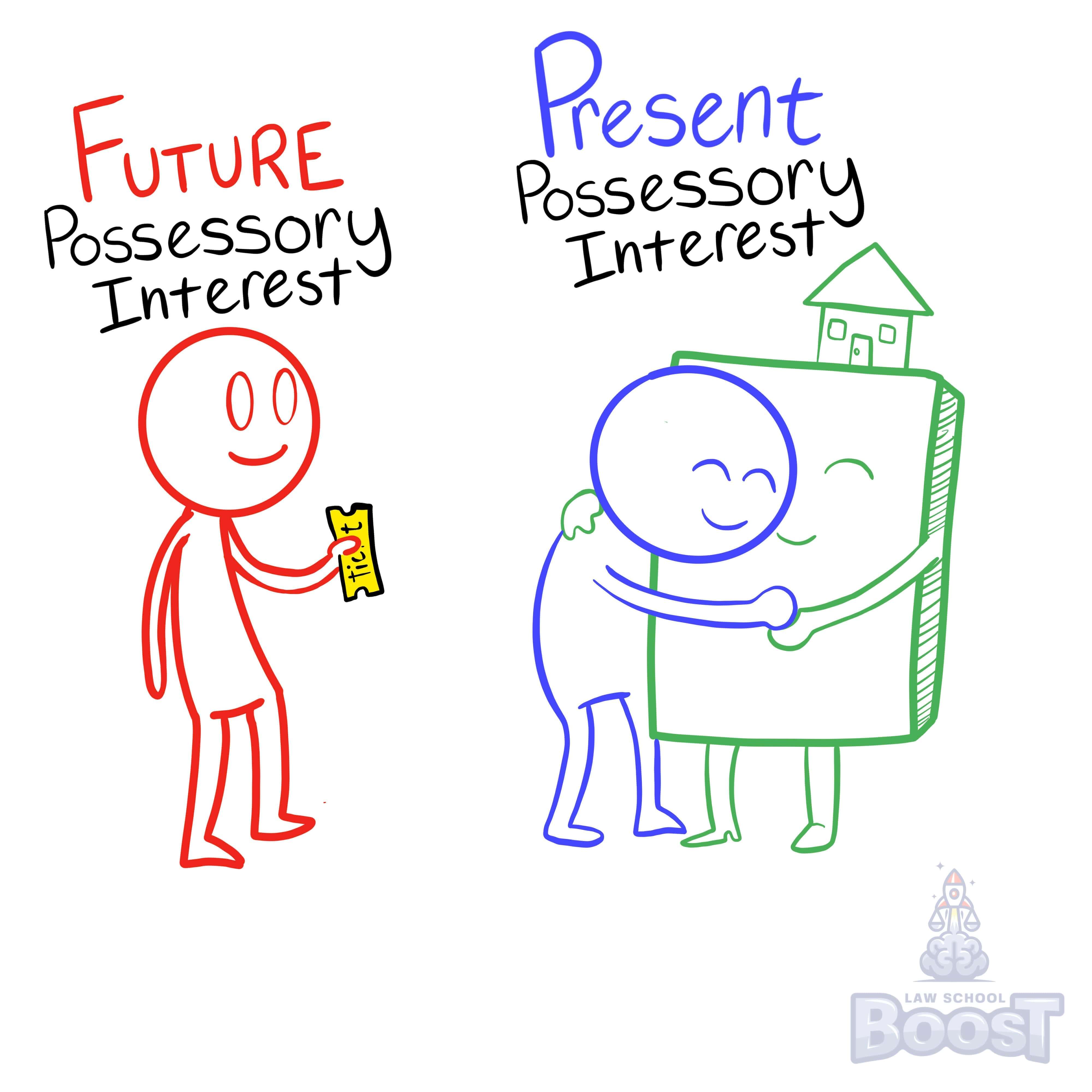😀
Real Property • Future Interests
PROP#030
Legal Definition
A class gift is a gift to a group of persons having a common characteristic, in which each member's share is determined by the number of persons in the class. A class gift can be subject to open if at least one member exists, or contingent if all members are unascertained. A class member need not survive to be in the class (rather, it passes to the member's heirs) unless survival is an express condition.
Plain English Explanation
A "class" is a bunch of people that can be grouped together based on some shared factor or feature. Imagine if Amy had 100 children and you wanted to convey each of them an equal share in Blackacre. You could convey a share to each of them, one by one, by name. Alternatively, you could simply convey Blackacre "to Amy's children."
The benefit of this is it is super efficient. Not only did you save time not having to name everyone out, but if Amy manages to have another child, you don't need to make another conveyance since your class gift was pretty broad. In other words, "to Amy's children" means to all of Amy's children, currently born, or later. The fact that this is "open ended" is why such a class gift is said to be subject to open. Today it's 100 slices of pie, tomorrow it's 101, and by the time Amy dies it may be more. Note that under this conveyance, Amy could add to the class by adopting. If you wanted to prevent that, you'd likely need to say something like "to Amy's naturally born children."
But what if Amy doesn't yet have any children when you convey "to Amy's children"? Then the members of the class (her children) are unascertained, which means the class gift is contingent on them being born.
The benefit of this is it is super efficient. Not only did you save time not having to name everyone out, but if Amy manages to have another child, you don't need to make another conveyance since your class gift was pretty broad. In other words, "to Amy's children" means to all of Amy's children, currently born, or later. The fact that this is "open ended" is why such a class gift is said to be subject to open. Today it's 100 slices of pie, tomorrow it's 101, and by the time Amy dies it may be more. Note that under this conveyance, Amy could add to the class by adopting. If you wanted to prevent that, you'd likely need to say something like "to Amy's naturally born children."
But what if Amy doesn't yet have any children when you convey "to Amy's children"? Then the members of the class (her children) are unascertained, which means the class gift is contingent on them being born.
Visual Aids


Related Concepts
At common law, how was a contingent remainder destroyed?
In assessing a contingent remainder what is the doctrine of merger?
What are future interests?
What is a contingent remainder?
What is an executory interest?
What is an indefeasibly vested remainder?
What is a remainder?
What is a shifting executory interest?
What is a springing executory interest?
What is a vested remainder subject to open?
What is a vested remainder subject to total divestment?
What is the Doctrine of Worthier Title?
What is the Rule in Shelley's Case?
What is the Rule of Convenience?


